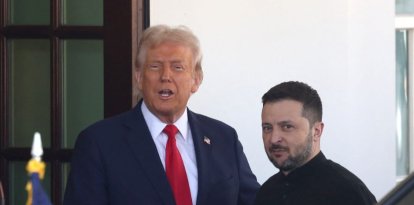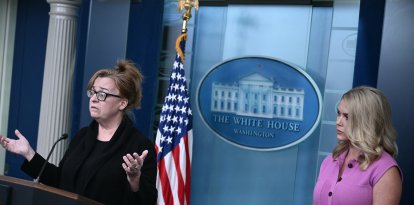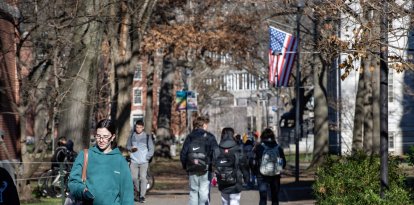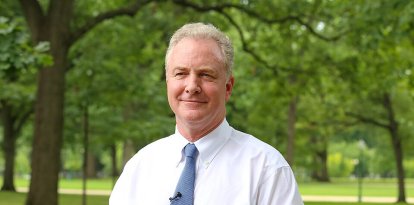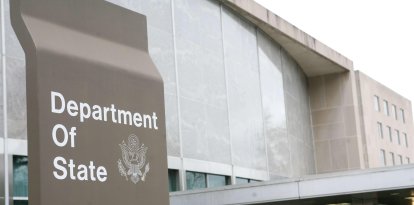What to expect from the debates between Biden and Trump? Will there even be a debate?
With age and his cognitive ability being some of the biggest concerns about the Democrat's candidacy, it is natural for the president to advocate for a matchup in which all conditions favor him.
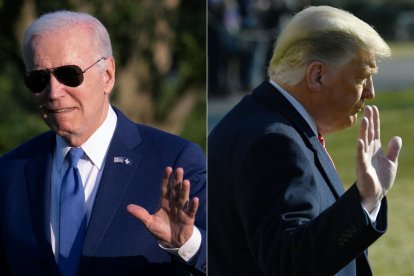
(COMBO AFP)
Joe Biden and Donald Trump finally agreed to debate at least twice before the November election. However, the audience will see a structure that differs from a traditional debate.
Although voters are already deciding, a surprise factor could make one of at least two debates decisive for the country's course. For now, with the few details that exist, the big concern can be addressed: what can we expect?
A friendly terrain
The first of the debates, to be held on June 27 in Atlanta, will be hosted by CNN. The second, likely on September 10, will be hosted by ABC News.
Both media are recognized for their affinity to Democrats and consistently friendly terrain for President Biden, who has established a series of conditions for debate.
A different umbrella
Historically, the debates have been coordinated by the Commission for Presidential Debates. However, on this occasion, both Biden and Trump agreed that the Commission could be done away with; therefore, much of the weight probably falls on the host media, CNN and ABC, respectively.
Nobody to interrupt or make the president nervous
As we reported in an article in Voz, one of the conditions of the White House is that no audience will be present. At least the CNN debate in June will be like that. It is clear, as some media outlets such as the New York Times have also reported, that what Biden intends is for there to be no audience that could interrupt him or make him nervous with possible boos.
Trump said he would like an audience, but Biden "is terrified of crowds." In that same sense, Biden's team also asked that the debate be one-on-one, thus excluding Robert F. Kennedy, who is increasingly getting closer in the polls to the range that would allow him to participate in the debates.
Controlled interventions
Biden is worried about debating in an improvised and open field, where Trump moves easily. Therefore, the fact that one of the conditions is that the organizing networks can cut off the microphones once the candidate's time is up is not surprising. For Biden, it is essential that Trump does not interrupt him, something the former president frequently does when he debates.
Convenient questions for the president, insistent for the former president
The first debate will be moderated by CNN's Jake Tapper and Dana Bash. ABC journalists David Muir and Linsey Davis will ask the questions for the second debate. None of them have any sympathy for Donald Trump. We will see a debate where the moderators lean towards cornering Trump while leaving Biden room to maneuver.
Conclusions
With age and cognitive ability being one of the biggest concerns about Biden's candidacy, it is natural for the president to advocate for a debate in which all conditions are in his favor.
In contrast to Trump, who has stood out in this campaign for his energy and sharp, acidic eloquence, Biden has hardly had large political events, and his appearances before the press are short, controlled, and without many questions.
Concern about Biden's health is not just on the Republican side. In a recent article, The Atlantic called on Biden to retire due to his declining cognitive ability and his 81 years.
Suppose the conditions go beyond the script demanded by the White House. In that case, it is likely that Americans will not even be able to witness the meeting between those vying for the presidency of the United States.
The New York Times recalls that a 2020 debate was canceled after Trump refused to face Biden virtually due to the barely emerging coronavirus pandemic. Likewise, in this last primary cycle, Trump skipped all the debates with the Republican candidates.
Therefore, let no one be surprised when, shortly before June 27, one of the two candidates refuses to attend a meeting in which so many will place their expectations.
RECOMMENDATION
